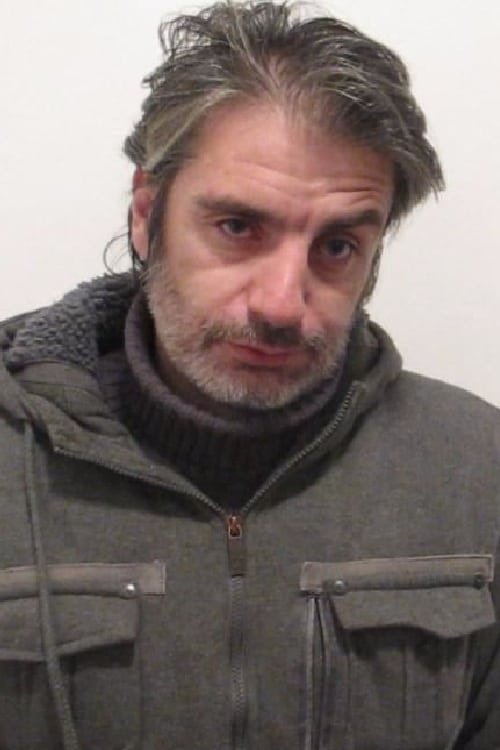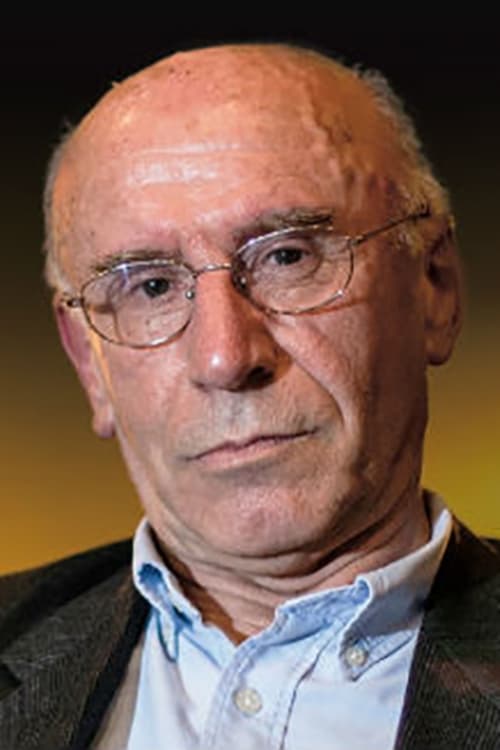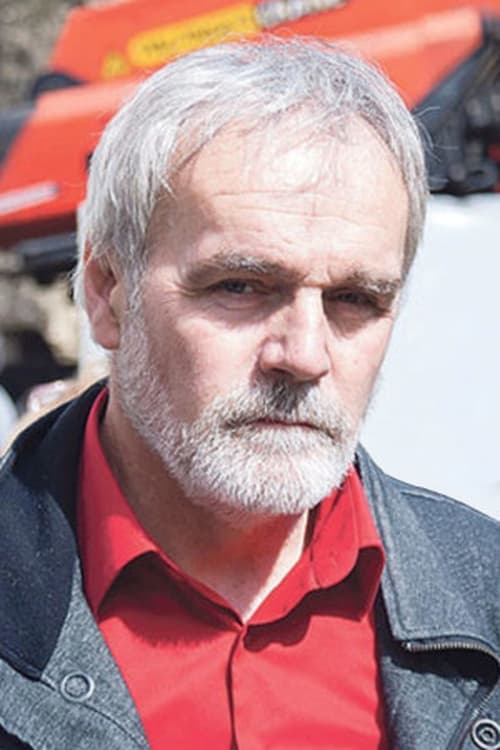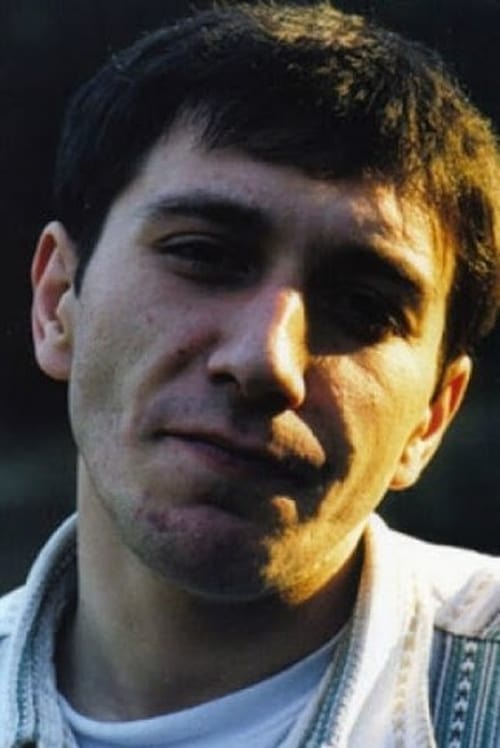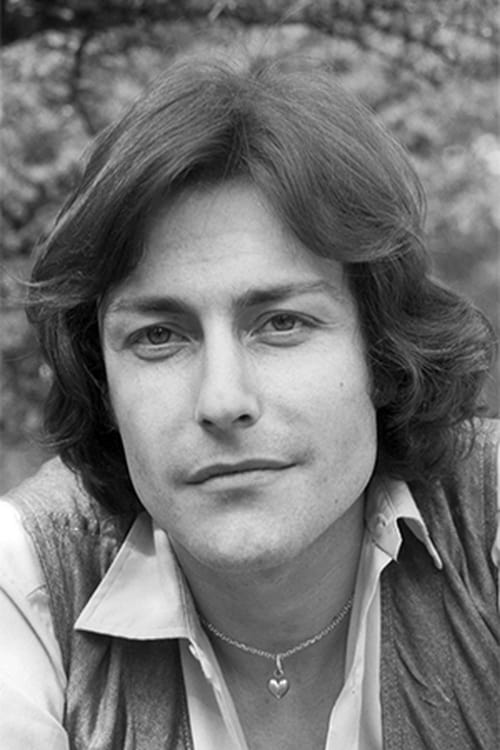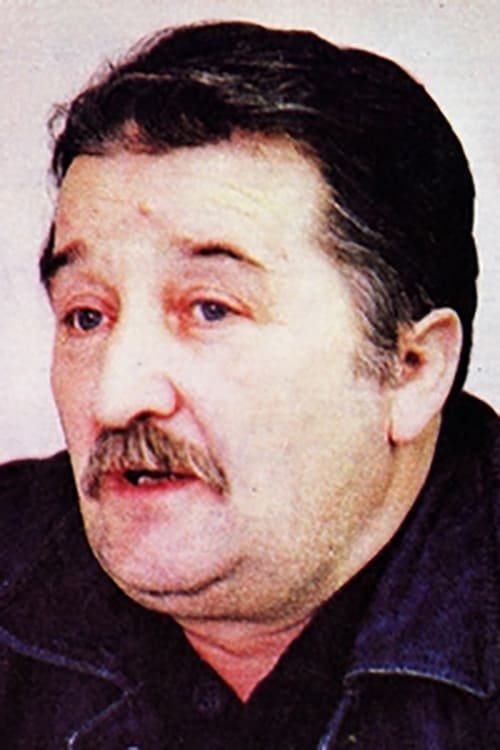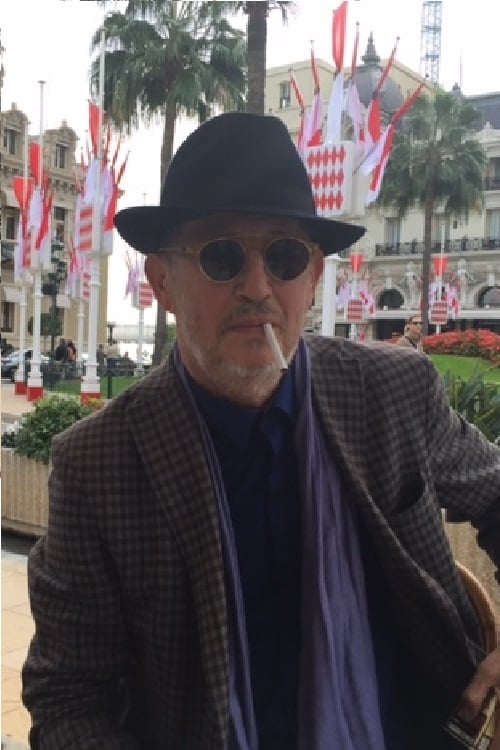The Last Waltz in Sarajevo (1990)
Genre : Drama
Runtime : 1H 59M
Director : Nikola Stojanović
Writer : Nikola Stojanović
Synopsis
The last film made in Yugoslavia, tells a story about Sarajevo during the last days of Europe, better known as the "Belle Epoque", between the years 1910-1914. A time of troubled events in the Balkans and an assassination attempt of Franz Ferdinand, which caused the beginning of the First World War.
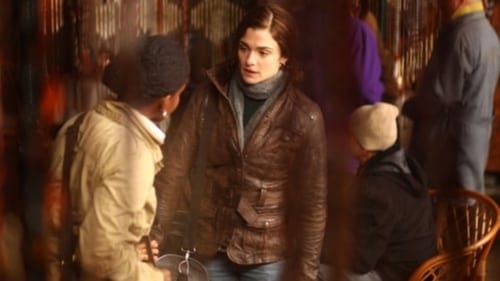
Nebraska cop Kathryn Bolkovac discovers a deadly sex trafficking ring while serving as a U.N. peacekeeper in post-war Bosnia. Risking her own life to save the lives of others, she uncovers an international conspiracy that is determined to stop her, no matter the cost.
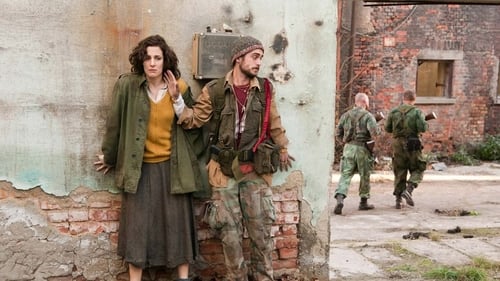
During the Bosnian War, Danijel, a soldier fighting for the Serbs, re-encounters Ajla, a Bosnian who's now a captive in his camp he oversees. Their once promising connection has become ambiguous as their motives have changed.
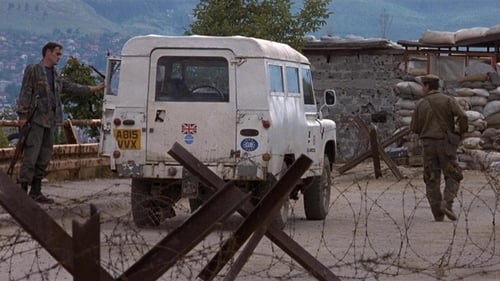
Follow a group of international journalists into the heart of the once cosmopolitan city of Sarajevo—now a danger zone of sniper and mortar attacks where residents still live. While reporting on an American aid worker who’s trying to get children out of the country, a British correspondent decides to take an orphaned girl home to London.

A woman and her daughter struggle to make their way through the aftermath of the Balkan war.
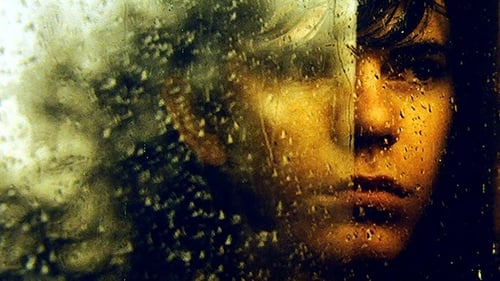
A young man grows up in Sarajevo in the 1960s, under the shadow of his good, but ailing father, and gets attracted by the world of small-time criminals.

Alex and Selma are a couple in love on a trip to the heart of Bosnia and Herzegovina. Suddenly, Selma feels a mysterious force is chasing them.
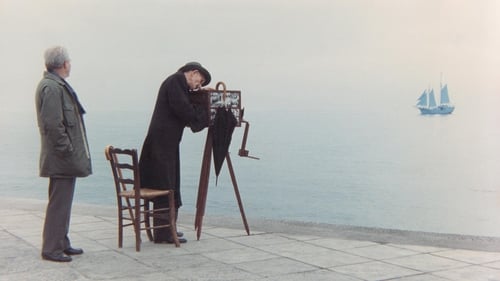
"A," a Greek filmmaker living in exile in the United States, returns to his native Ptolemas to attend a special screening of one of his extremely controversial films. But A's real interest lies elsewhere--the mythical reels of the very first film shot by the Manakia brothers, who, at the dawn of the age of cinema, tirelessly criss-crossed the Balkans and, without regard for national and ethnic strife, recorded the region's history and customs. Did these primitive, never-developed images really exist?
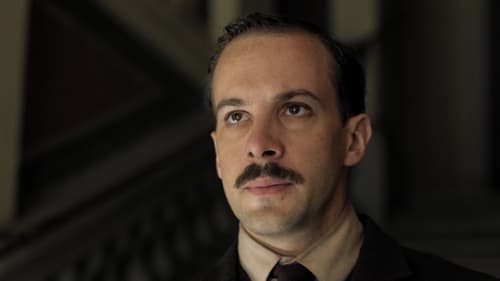
The events in Sarajevo in June 1914 are the backdrop for a thriller directed by Andreas Prochaska and written by Martin Ambrosch, focusing on the examining magistrate Dr. Leo Pfeffer (Florian Teichtmeister) investigating the assassination of Archduke Franz Ferdinand. Trying to do his job in a time of lawlessness and violence, intrigues and betrayal, Leo struggles to maintain his integrity and save his love, Marija, and her father, prominent Serbian merchant. But the events of Sarajevo have set into motion an inescapable course of events that will escalate to become … the Great War.

The horrors of war are examined from the view points of lifelong friends (Linus Roache, Vincent Perez), who end up on opposing sides in the civil war in Sarajevo. One is an expert marksman, who trains the snipers used to terrify the city and the other becomes a freedom fighter, who rejects his friend's offer to gain an escape from the city. As might be expected, the two eventually have to face-off against one another.
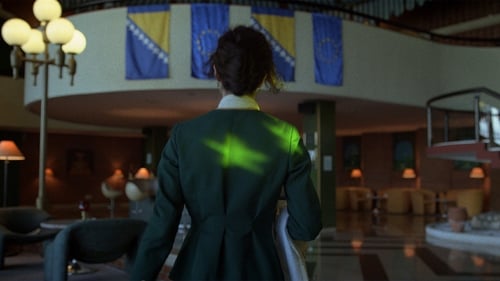
Sarajevo on 28 of June, 2014. At the Hotel Europa, the best hotel in town, the manager Omer prepares to welcome a delegation of diplomatic VIPs. On the centenary of the assassination that is considered to have led to World War I, an appeal for peace and understanding is supposed to start from here. But the hotel staff have other worries: having not been paid for months, they are planning to go on strike. Hatidza from the hotel laundry is elected strike leader even though her daughter Lamija, who works in reception, is firmly against industrial action. Meanwhile, in the sealed-off presidential suite, a guest from France rehearses a speech. Elsewhere, a television reporter conducts interviews about war and its consequences. Was Gavrilo Princip, the 1914 assassin, a criminal or a national hero? What long shadow does his deed cast into the present?
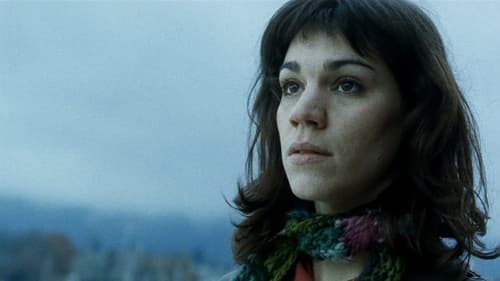
Ruža left Serbia, her country, over 30 years ago and lives in Zurich. Her daily life is a string of repetitive moments until, one day, Ana arrives on the scene and upsets Ruža's painstakingly organized world. A subtle friendship develops between the two strong willed women.
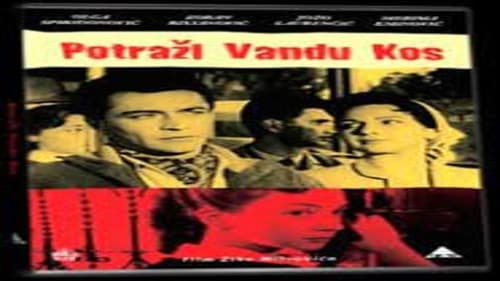
A woman comes to Sarajevo to find out more about her brother's death. The only source she has is a message on a piece of paper she got from him: "Look for Vanda Kos".

The last film made in Yugoslavia, tells a story about Sarajevo during the last days of Europe, better known as the "Belle Epoque", between the years 1910-1914. A time of troubled events in the Balkans and an assassination attempt of Franz Ferdinand, which caused the beginning of the First World War.

Sarajevo was under siege already 9 months when Radovan Tadic flew there with a UNO machine to take pictures of misery and destruction in a city, in which dread is part of everyday life. He lets people talk about their desperate situation and repeatedly the dismay about the hatred between former neighbors. We see pictures of a wedding, interrupted by gun fire, an emergency operation on a soldier is interrupted by a woman's delivery, children disassemble a theater to get firewood. -- A dramatic appeal against carelessness and forgetting.

Based on 1992 journals of Bosnian visual artist Alma Hajric who was forced into a basement shelter to survive the siege of Sarajevo, Black Kites skillfully merges the reality-based content of her journal with interpretive visual material to reveal the simple, sometimes beautiful, yet brutal truth of her existence. Non-linear, dreamlike and spectral, Black Kites is a testament to artistry, imagination and the resiliency of the human psyche. Features sensitive performances by Steve Buscemi, Mimi Goese and Mira Furlan, a prominent actress from the former Yugoslavia, as the narrator.

Based on a short story of Ivo Andrić, famous Yugoslav Nobel Prize winner, this film is set in Sarajevo during WW2. Mento is a humble, poor Jew who runs a caffe. Stjepan is a man of unknown background, with no social or psychological dimension, who joined Nazis to leave any sort of trace behind himself.

A group of thieves return from Western Europe to Sarajevo during Christmas and New Year holidays. Back home they meet some old friends, their families, their lovers, but they also have to ...
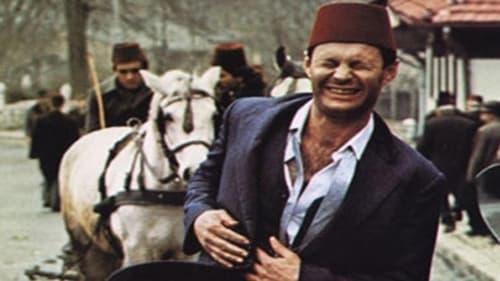
Thanks to his friendliness towards Nazis, Sarajevo businessman gets more and more rich during WW2. However, his infatuation towards the Jewish girl causes his downfall.
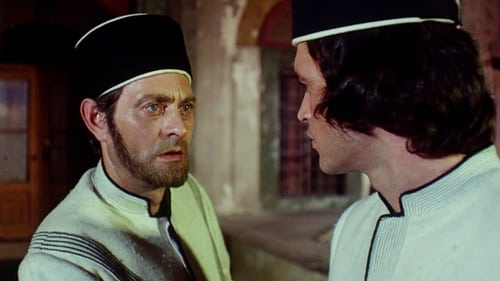
Ahmet Nurudin is a dervish and head of the Islamic monastery of the Mevlevi order in Sarajevo. He is a personification of morale and dogmatic belief, everything that Muslim religion of the Ottoman rule rests on. Throughout his life, the atmosphere of the city, the relations with the judge and the mechanism of government, the image of Ottoman Empire at the beginning of the nineteenth century is being revealed. Based on a highly praised novel by Meša Selimović.

